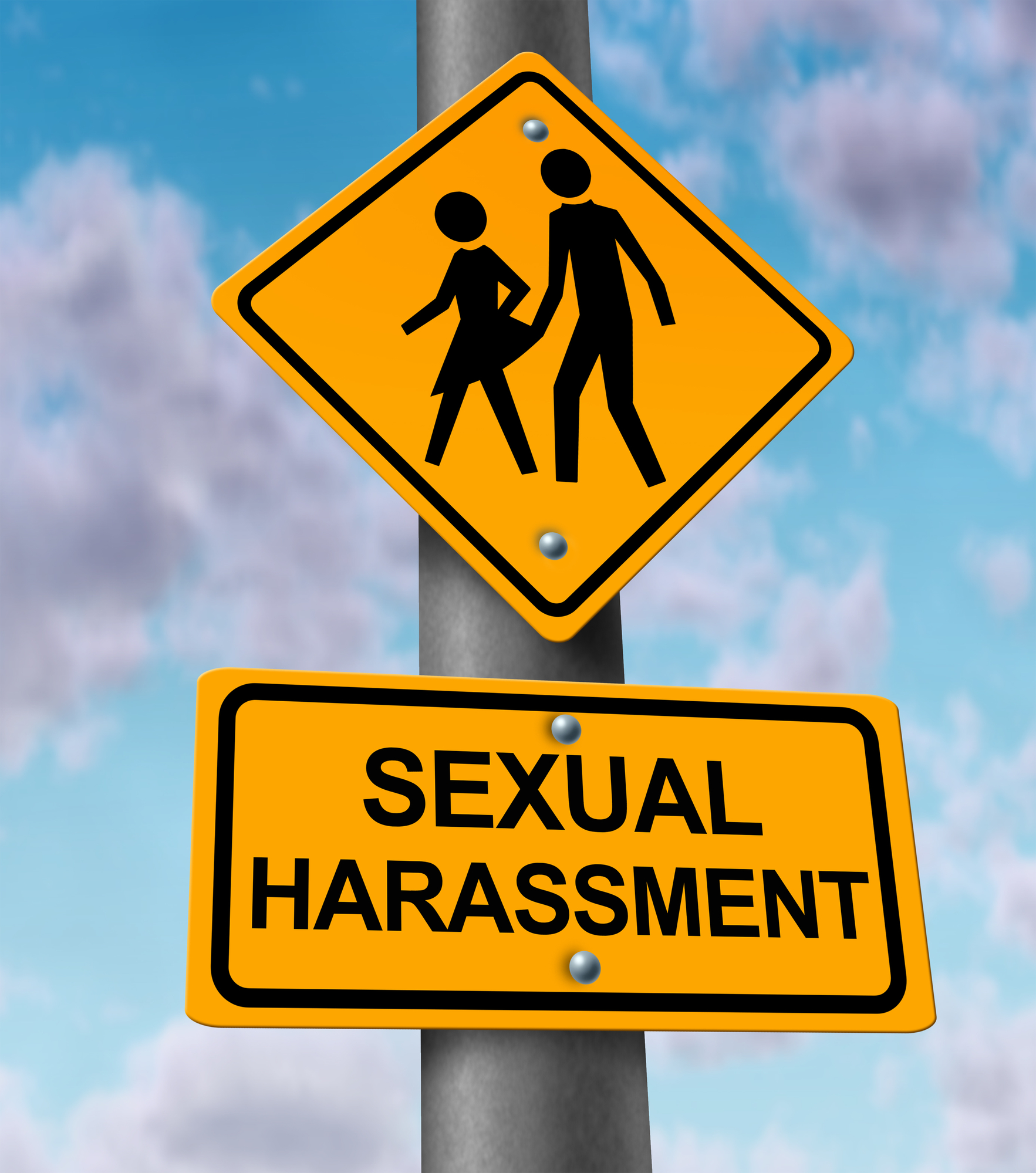NEWS: New Website Designed to Ease Booking and Scheduling Sexual Harassment Training.
Over the past two years, the spotlight on workplace sexual harassment has led to high-profile resignations, terminations and lawsuits. However, while the revelations and consequences have prompted ongoing, national conversations about appropriate behavior, only 10% of 1,512 adults working in the U.S. said their organizations added more anti-sexual harassment training or resources since the wake of the #MeToo and Time’s Up movements.[1] A new California law (SB1343) requires that every company, with a minimum of 5 employees must provide comprehensive training on sexual harassment, abusive behavior, and sexual orientation before the end of 2019. Companies may comply by using an online video (provided that it is up to date on CA requirements) but the topic of sexual harassment is in a red hot spotlight, with accusations and lawsuits flying fast. Real in-person training that allows for questions to be answered and clarifications provided is a far more effective way to educate any workforce, and to protect the company from potentially devastating legal action.
According to the Equal Employment Opportunity Commission (EEOC), “Much of the (harassment) training done over the last 30 years has not worked as a prevention tool – it’s been too focused on simply avoiding legal liability.” Training should be tailored to the specific workplace and workforce and involve in-person training.[2]
The issue is not the lack of sexual harassment training, but rather, the inadequacies and ineffectiveness of that training. A quick video or reading about sexual harassment may not be sufficiently impactful. Such online trainings, usually require no interaction, no sharing of thoughts or engagement among coworkers, and most importantly, no discussion of how to recognize or deal with sexual harassment within the workplace.
SB1343 requires covered employers to provide at least two hours of sexual harassment prevention training and education to all supervisory employees and at least one hour of such training to all non-supervisory employees in California. These topics are too complex to be dealt with online. We offer in-person sexual harassment, bullying and sexual orientation trainings that promote dialogue, offer solutions, and clear up any lingering confusion about the law.
It’s not just the law, it’s what’s best for everyone. Companies must do everything they can to create a culture of respect in order to prevent sexual assault within the workplace. In order for employees to perform at their best, it is important that they feel safe and comfortable in their work environment.
When new steps had been taken, employees were more likely to say they were in good psychological health (90 percent vs. 79 percent) and that their employer provides the necessary resources to help employees meet their mental health needs (76 percent vs. 36 percent) and manage their stress (63 percent vs. 31 percent). They also reported higher job satisfaction (86 percent vs. 60 percent) and motivation to do their best at work (89 percent vs. 64 percent) and were more likely to say they’d recommend their organization as a good place to work (79 percent vs. 51 percent), than those who said their employer had not taken any new steps.[3]
Do your company a favor and book a sexual harassment training program online now in three simple steps: 1. Decide how many sessions you need and for how many people; 2. Purchase the sessions through our simple online booking; 3. Once purchased, someone from our team will get in touch to schedule the actual training day. Let us help you and your team navigate these complex regulations. Book online at our website: HERE
[1] https://www.sciencedaily.com/releases/2018/05/180515081748.htm
[2] Chai R. Feldblum & Victoria A. Lipnic, EEOC, Select Task Force on the Study of Harassment in the Workplace, Report of Co-Chairs Chai R. Feldblum & Victoria A. Lipnic (2016), https://www.eeoc.gov/eeoc/task_force/harassment/upload/report.pdf [hereinafter Select Task Force Co-Chairs’ Report].
[3] American Psychological Association. “In era of #MeToo, majority of employees say their employers fail to take new steps addressing sexual harassment: Increased efforts to prevent harassment linked to better employee and organizational outcomes, survey says.” ScienceDaily. ScienceDaily, 15 May 2018.


